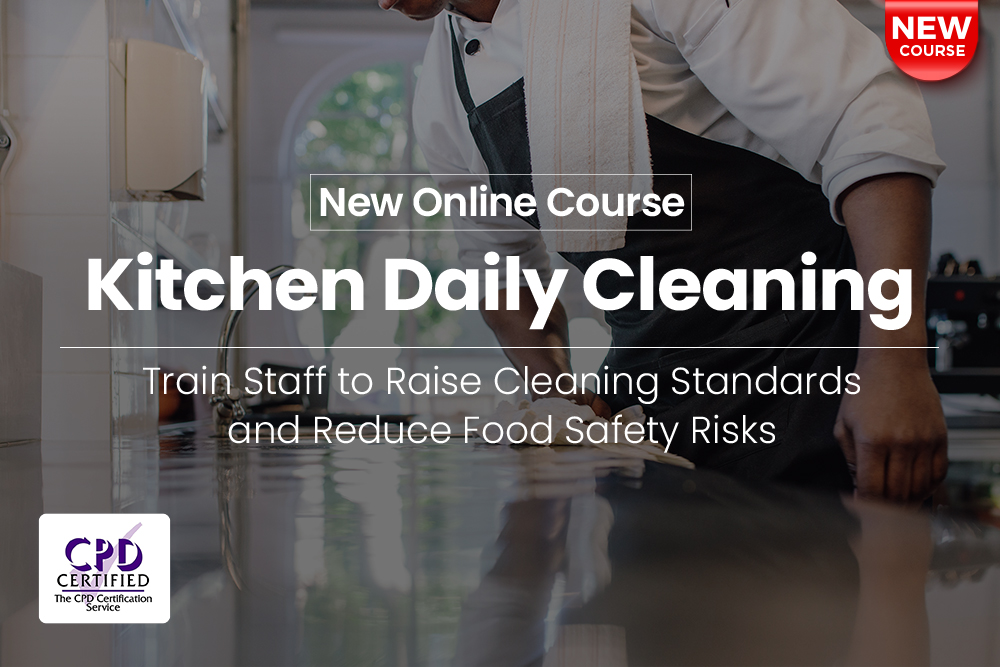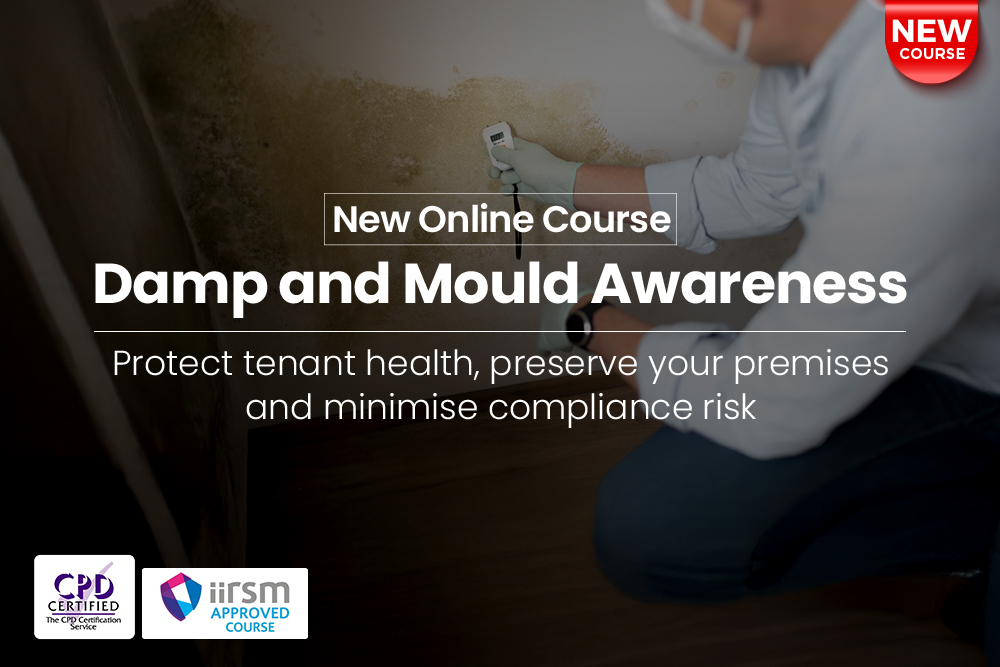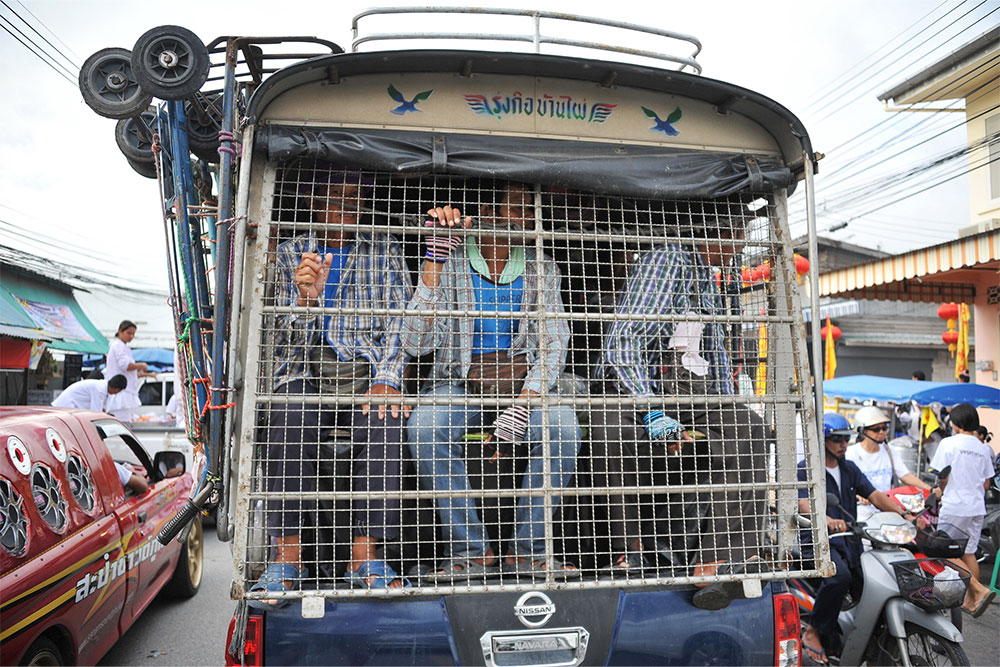
There are approximately 101,160 registered food businesses across the UK. All working hard to satisfy our insatiable appetites. We place our trust in every one of these establishments to serve us delicious and safe food. No one wants a side order of stomach flu with their burger and chips!
If you’re in the hospitality industry, you must ensure the food you’re serving your customers is free from contamination. Due diligence in food safety is critical to running any hospitality business. In this article, we’ll serve up the fine details of due diligence. You’ll learn what it is, what the law around due diligence is and how to maintain food safety standards.
Let’s get cooking!
What is Due Diligence in Food Safety?
Our first course serves up a well-done definition of precisely what due diligence means.
Most business people or fans of TV shows about lawyers are familiar with the term ‘due diligence’. The concept has been around for some time. Due diligence goes back to the mid-fifteenth century. Back in Ye Olden Days, merchants had to ensure their goods were safe for sale, lest they suffer a smite with a sword (or something like that).
In modern times, due diligence started to be widely used in a legal sense in the 1930s. It refers to ‘the care a reasonable person takes to avoid harm to other persons or their property’. The concept of due diligence can be applied to any business endeavour, from a banker making sure that a person is a reasonable risk for a loan to a builder checking that the ground they’re about to build on is level.
Regarding the hospitality industry, due diligence relates to how food is prepared. Under UK law, due diligence in food safety requires you to take all reasonable precautions to prepare your food safely and be able to prove you’ve done so.
Due Diligence and the Food Safety Act 1990
What is the main defence under food safety law if someone gets sick from your food?
Glad you asked. At this point in the proceedings, we’d like to dramatically unveil our second course: the Food Safety Act 1990.
The Food Safety Act is significant for anyone involved in any aspect of the food industry. If you prepare, transport, store or sell any food product, then the Food Safety Act applies to you. It’s a huge deal.
And here’s why: the Food Safety Act protects consumers and business owners. How? Let’s examine how the Food Safety Act keeps customers and businesses safe.
Reasonable Precautions
The Food Safety Act requires food industry businesses to take all reasonable care and precautions to prevent selling harmful or defective food. This places the burden on companies to ensure how they source, store, prepare, package and serve their food meets stringent hygiene standards. Consumers should feel confident that the food they’re paying for won’t make them sick.
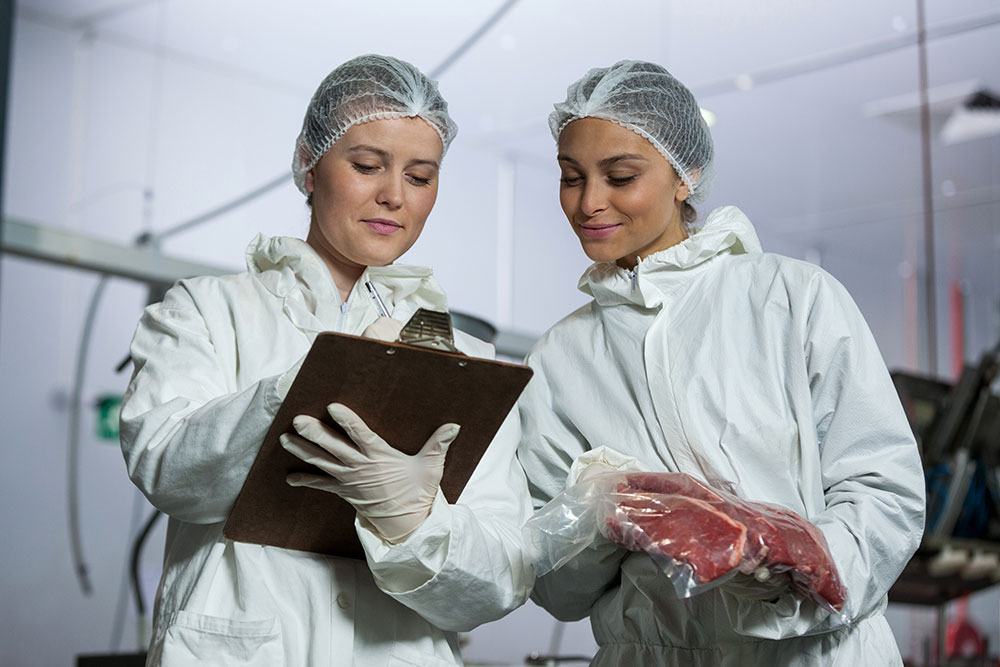
The concept of ‘reasonable precautions’ can be scaled to the size of the business. A small operation won’t need to conduct the intensive due diligence required of a large corporation. Still, the word ‘all’ matters quite a bit legally. All reasonable checks, supervision and inspections must be done to meet due diligence requirements.
Due Diligence Records
The Food Safety Act requires hospitality workers to keep detailed due diligence records to protect businesses. These records show that every step of preparing food on the premises for sale or consumption was done correctly.
A due diligence defence can be used to prove that a business did all it could to ensure food safety. So, suppose little Timmy on table three gets ill after eating a burger at a restaurant. The restaurant can prove that his sickness wasn’t caused by their food handling processes.
Timmy probably should’ve washed his hands before biting into that burger.
How to Demonstrate Due Diligence in Food Safety
Moving onto our third and final course, we’ll tuck into a quick guide on demonstrating due diligence in food safety.
Demonstrating due diligence involves keeping precise and up-to-date food safety records of your food safety system and your Hazard Analysis and Critical Control Point (HACCP) procedures.
You should keep records that detail:
- The HACCP system you use
- Your use of approved suppliers – delivery schedules, packing and labelling details, temperatures of the food that was delivered
- Proof that your workplace environment is compliant
- Kitchen cross-contamination procedures
- Cooling times of high-risk foods
- Core cooking temperatures of high-risk foods
- Hot hold/hot display records
- Waste disposal methods
- Personal hygiene procedures
- Cleaning schedules
- Refrigerator and freezer temperatures
- Pest control procedures
- Procedures for labelling and packaging food
- Equipment maintenance schedules and procedures
- Record keeping procedures
- Fitness to work assessments
- An up-to-date allergen matrix
- Records of previous complaints
- Proof that food safety training has been provided and undertaken
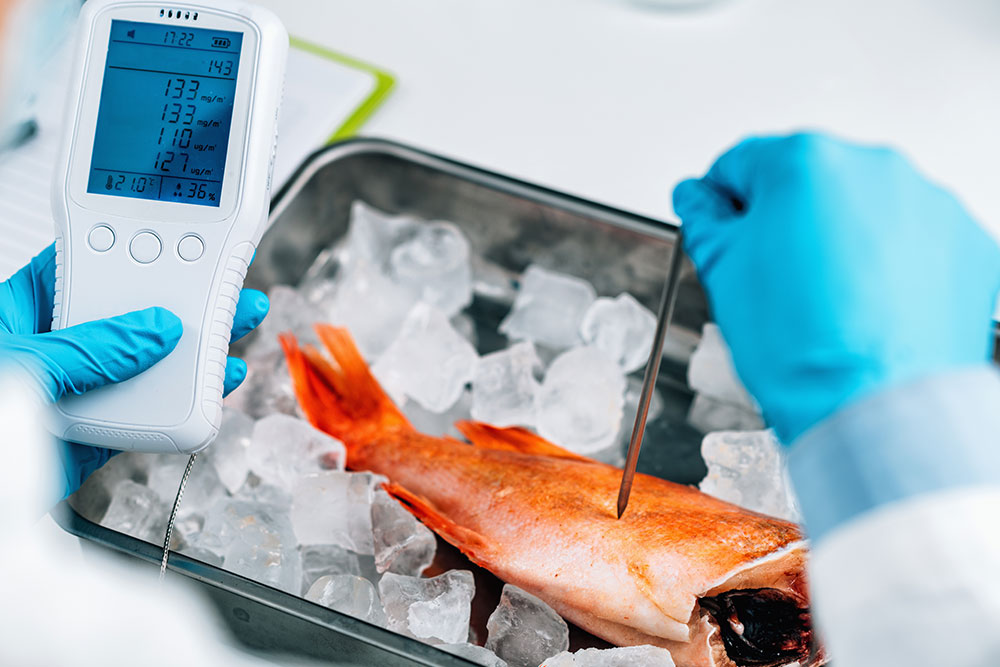
Why Due Diligence in Food Safety Matters for Your Business
If you head out for a meal or grab a takeaway at least once a week, you’re not alone. The average Brit eats out 1.5 times a week and spends about 25% of their income on dining out yearly, according to a survey by food industry experts OpenTable.
But eating out isn’t without risk. Every year, an estimated 2.4 million people in the UK suffer from food poisoning at a cost of £9 billion to the economy. If your business is accused of serving up bad food and you don’t have an excellent due diligence defence, it could cost you, too.
Penalties for breaching the Food Safety Act can include up to two years imprisonment and/or unlimited fines if the case goes to a Crown court. Magistrates’ courts can impose sentences of up to six months in prison and /or penalties of up to £20,000 per offence.
And it’s more than just money at stake. Not following due diligence in food safety can devastate people’s health.
What Can Happen If Due Diligence Isn’t Done
In March of 2023, the UK Health Security Agency (UKHSA) investigated a restaurant in Watford. UKHSA found that the restaurant was responsible for 23 laboratory-confirmed cases of Salmonella and 17 probable cases. One of the victims described her four-day hospitalisation as “the most horrific, terrifying experience of my life”. The case against the restaurant is still being investigated.
In October 2018, 30 diners suffered severe food poisoning after eating a meal at a pub in Hinton-in-the-Hedges. Tragically, an older woman later died from her symptoms. Charges against the business and its employees resulted in over £16,000 in fines and prison terms. The pub changed hands shortly after the incident.
Preventing such incidents means following due diligence in food safety procedures. A certified training course will teach your team proper food safety methods.
Easy-to-Digest Food Safety Training
We don’t want to put you off your food, but due diligence should be an essential ingredient for any food business. A bad case of food poisoning could ruin your company, cost you thousands of pounds, send you to jail, or even end someone’s life. The mere thought of it is enough to turn your stomach!
Maintaining due diligence in food safety protects your customers, staff, and business.
Our online Food Safety Training can be taken online in bite-sized pieces to fit around work schedules. You can help yourself whenever you like!






























































































































































































































































































